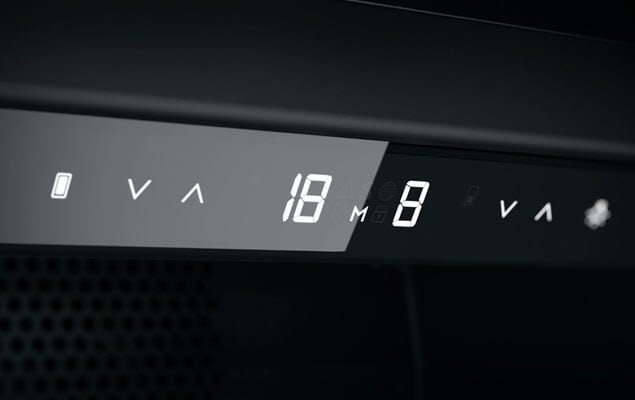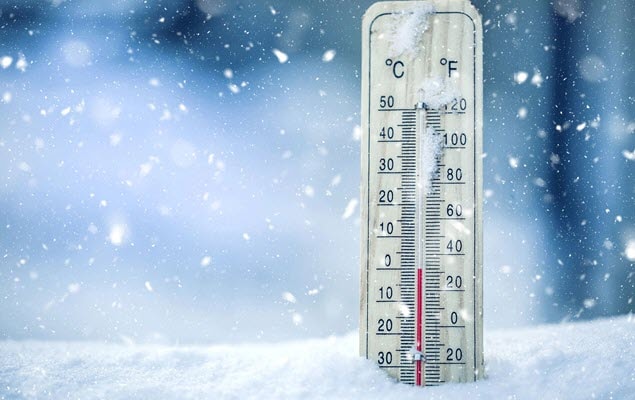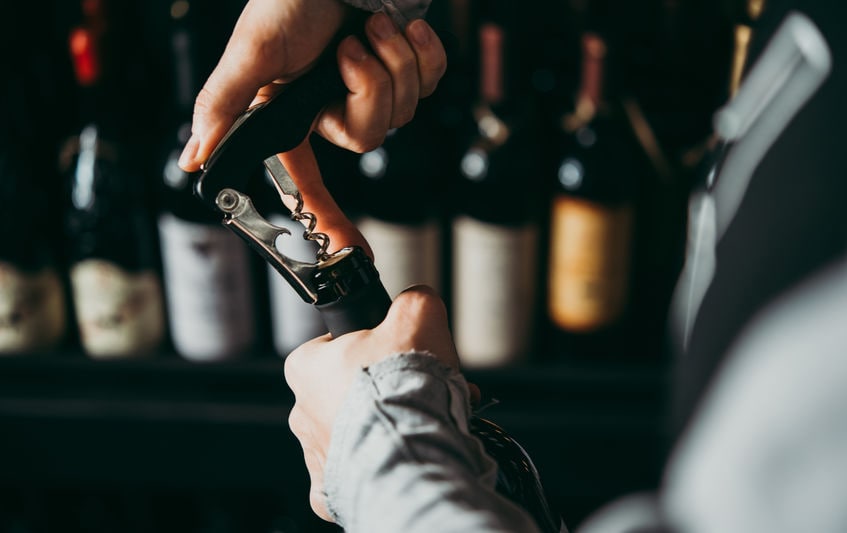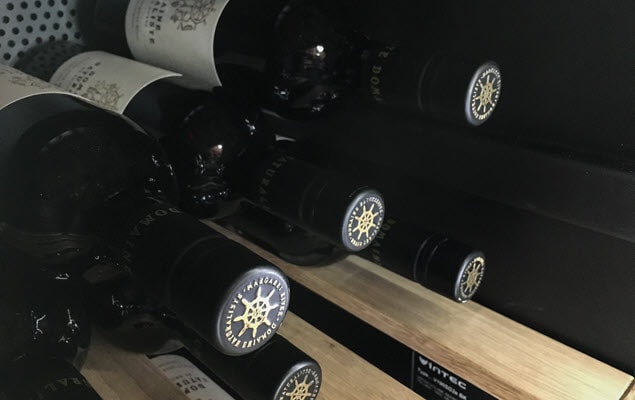1. Contrary to popular belief, wines sealed under screw caps also benefit from cellaring and ageing.
In addition, they don’t need to be laid down for cellaring, whereas wines under cork do (to avoid the cork drying out and shrinking).
2. If you store your wine in an area where temperatures exceed 25 degrees Celsius, your wine can spoil within a matter of weeks.
Spoiled fruit flavours will develop and off-odours will appear.
3. Wine cabinets have nothing in common with fridges: they do not generate intense cold and they don’t remove ambient humidity as fridges do.
They’re designed to replicate the ideal conditions found in the best natural underground wine cellars by controlling humidity, temperature, UV light and ventilation (and by limiting damaging vibrations).
4. All wines – reds, whites and Champagnes – cellar at the same temperature: 12-14 degrees Celsius
Over 90% of individuals don’t realise this.
5. Imperceptible vibrations cause your wines to age prematurely by speeding up chemical reactions
Store your wine in a vibration-free area such as a proper wine storage cabinet, so fewer bottles are a disappointment when opened.
6. UV light causes hydrogen sulphide compounds in wine and affects the tannins and the colour of your wine.
So avoid leaving your wines exposed to light, sunlight in particular.
Read These Articles Next

How to choose a good wine cabinet
Whether you like to drink your wine young or let it age gracefully, it is a well-known fact that you must store it in a climate-controlled environment if you want to protect it from spoiling.

Wine climate control systems: Compressors vs. Thermoelectric
We are often asked what the best refrigeration system is when looking for a wine cabinet: compressor technology or thermoelectric cooling?

What’s corked wine?
Widely discussed but often misunderstood, cork taint is a single, specific wine fault. Here’s how to identify corked wine – and what you can do about it. Without realizing it, you have probably tasted corked wine. You might have eaten corked bananas too, or even drunk corked coffee. In each case, the same culprit is responsible, a malodorous chemical known as TCA, or trichloroanisole.

Six expert tips for cellar care
As with any household items, housekeeping is essential for the long-term efficiency of your wine cabinet. It’s also the perfect opportunity to reorganise your cellar based on your “drink now” and “drink later” wines, and to update your Vintec Club virtual cellar management tool.

